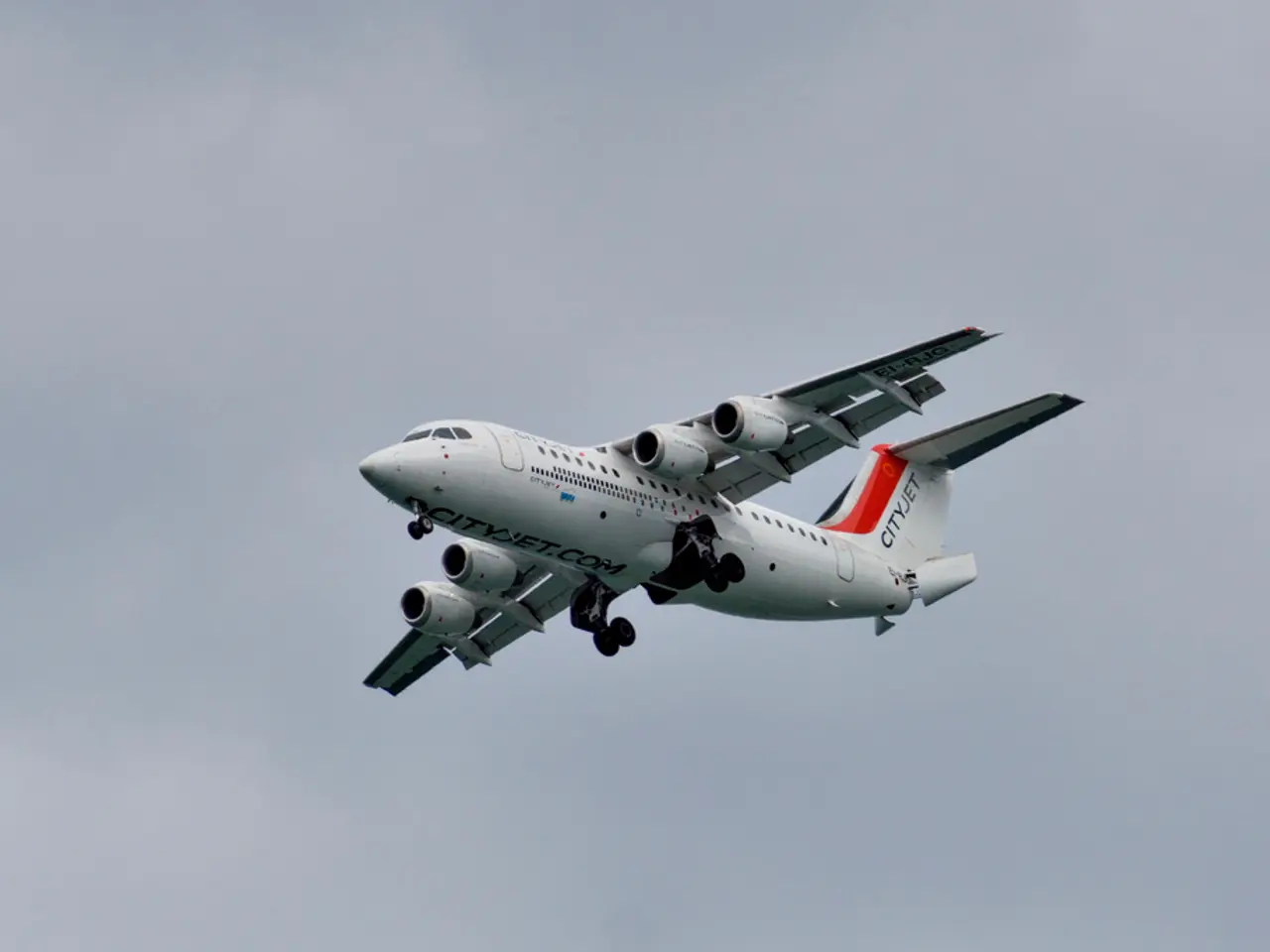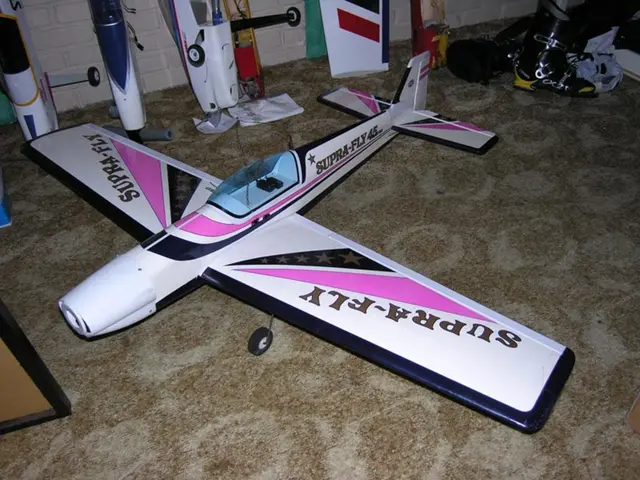Climate Change to Significantly Boost Aircraft Noise by 2050
Climate change is set to significantly impact aircraft noise levels, with thousands more Europeans expected to be affected by 2050. On hot days, takeoff aircraft could see a climb angle decrease of up to 7.5 percent, and on average, this could be around one to three percent due to climate change.
As temperatures rise, aircraft noise increases and spreads over larger areas. This is due to lower air density causing aircraft to have less lift during takeoff, requiring more thrust and resulting in higher noise pollution. In central London alone, an additional 2,500 people could be added to the 50-decibel zone of a typical Airbus A320 by 2050.
Cities with large airports, such as Frankfurt, Munich, and Berlin, are expected to face the greatest additional burdens from aircraft noise. This is due to a combination of climate change and increasing urban development. Despite aircraft engines becoming quieter, the effects of climate change counteract this progress, making it difficult to control aircraft noise pollution in the future.
Airports and cities must adapt to these new challenges. This could involve optimized takeoff and landing procedures, structural noise protection, night flight bans, and stricter noise limits. Without effective climate action, many Europeans' sleep could be significantly disrupted by aircraft noise in the future.
Read also:
- Hydrogen set to revolutionize India's space expeditions, transportation sector, and clean energy ambitions, according to ISRO Chairman's claims
- Strategic approach to eco-friendly nickel production for electric vehicles in Europe
- Solar energy company, Imperium, alongside QORAY Mobility & Energies Solar Business, bolsters Nigeria's environmental future by producing superior solar panels domestically and offering flexible payment options.
- AI Inspection Company, Zeitview, Secures $60 Million Funding for Expansion








